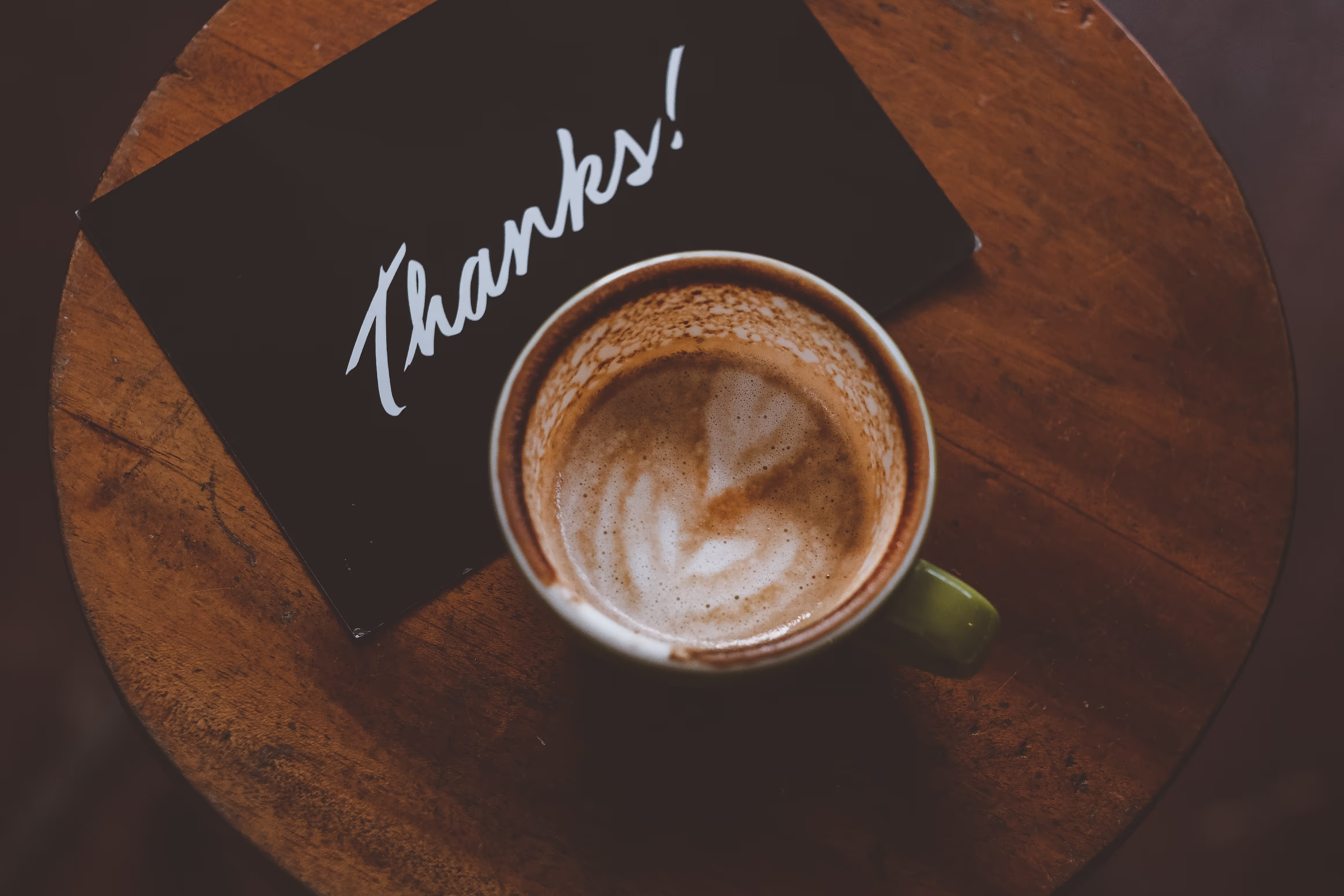Article
What to do After an Interview: Next Steps

We've all been there - you ace the interview, shake their hand, and walk out of the room feeling confident. The interviewer insists they'll send a post-interview follow-up. Then... radio silence. You start to jump to conclusions of how you didn't get the job, or if you send a post-interview follow-up it may come across as desperate. But have no fear… a post-interview follow-up is essential to success. In fact, "22% of employers are less likely to hire a candidate who doesn't send a follow-up," and 80% of hiring managers evaluate follow-ups from each candidate throughout their decision making process (Medium). Put simply, post-interview follow-ups aren’t desperate – they are crucial.Here's how to send a proper follow-up message to potential employers.
1. When to Send your Post-Interview Follow-Up?
All post-interview follow-ups should be sent no later than 24 hours after the interview. Being prompt with a follow-up message shows the candidate’s interest in the position and the company. If other situations get in the way, it’s best to send the follow-up email mid-morning. As this is when most professionals and hiring managers are most focused on their inbox. This rule, however, has an exception - if the interview took place on a Friday, we suggest sending the follow-up message either that same afternoon or Monday morning. According to Zety, follow-ups should not be sent over the weekend.
2. Who to Send It to
Candidates should send a personalized follow-up message to all interviewers they met with. It is always important to ask these questions before leaving your interview. If you receive a business card at the end of each interview, you can contact the interviewer when appropriate. If the candidate doesn’t happen to have an interviewer’s email address, the email addresses of their colleagues should point them in the right direction. The candidate can also send a note to the contact he/she arranged the interview with and ask to pass them along the information! This won't bother prospective employers - they'll appreciate that the candidate put forth their best efforts.
3. What to Include (and an example)
A candidate should personalize the follow-ups according to each person they met/spoke with. NEVER take something general copied and pasted from the Internet. Post-interview follow-ups should also never be too long. Four points should be included in the follow-up message:
- The title and company the candidate interviewed for
- A specific example of how the candidate’s current role relates to the role he/she is interviewing for
- A specific topic the candidate enjoyed discussing
- A reiteration of the candidate’s contact information
Please see below for an example of a great thank you email!
Example #1
Subject: [Company Name, Position Name] InterviewHi [Interviewer Name],I wanted to thank you for taking the time to meet with me to discuss the open [Position Name] position at [Company Name]. I believe my work in [specific duty of your current role] as a [Current Role] at [Current Company] would make me a perfect fit for this role.I enjoyed discussing the changes you are looking to make with [one specific topic of improvement they mentioned] and look forward to lending my expertise to [Company Name] in this regard.Again, I appreciate you taking the time to meet with me and am happy to answer any further questions you may have. I can be reached via [preferred contact method] at [Phone Number or Email Address].I look forward to hearing from you regarding the next steps.Best,[Your Full Name]
4. I still haven't heard back... when should I send another follow-up?
Many times, interviewers are swamped with other responsibilities. This could result in not hearing a response to your post-interview follow-up. When this happens, it's okay to send another short note, but wait for the right time. When a candidate does send a second follow-up, it should be kept simple. All a candidate needs to do is reiterate interest in the role and further explain why he/she feels they are a good fit.
Candidates may feel that writing a thoughtful thank you note may seem minor, but it can make a significant difference. Ultimately, a well-written thank you/follow-up note helps the candidate differentiate themselves from the rest of the candidate pool. It can even move the employer to extend the official offer.






.png)
